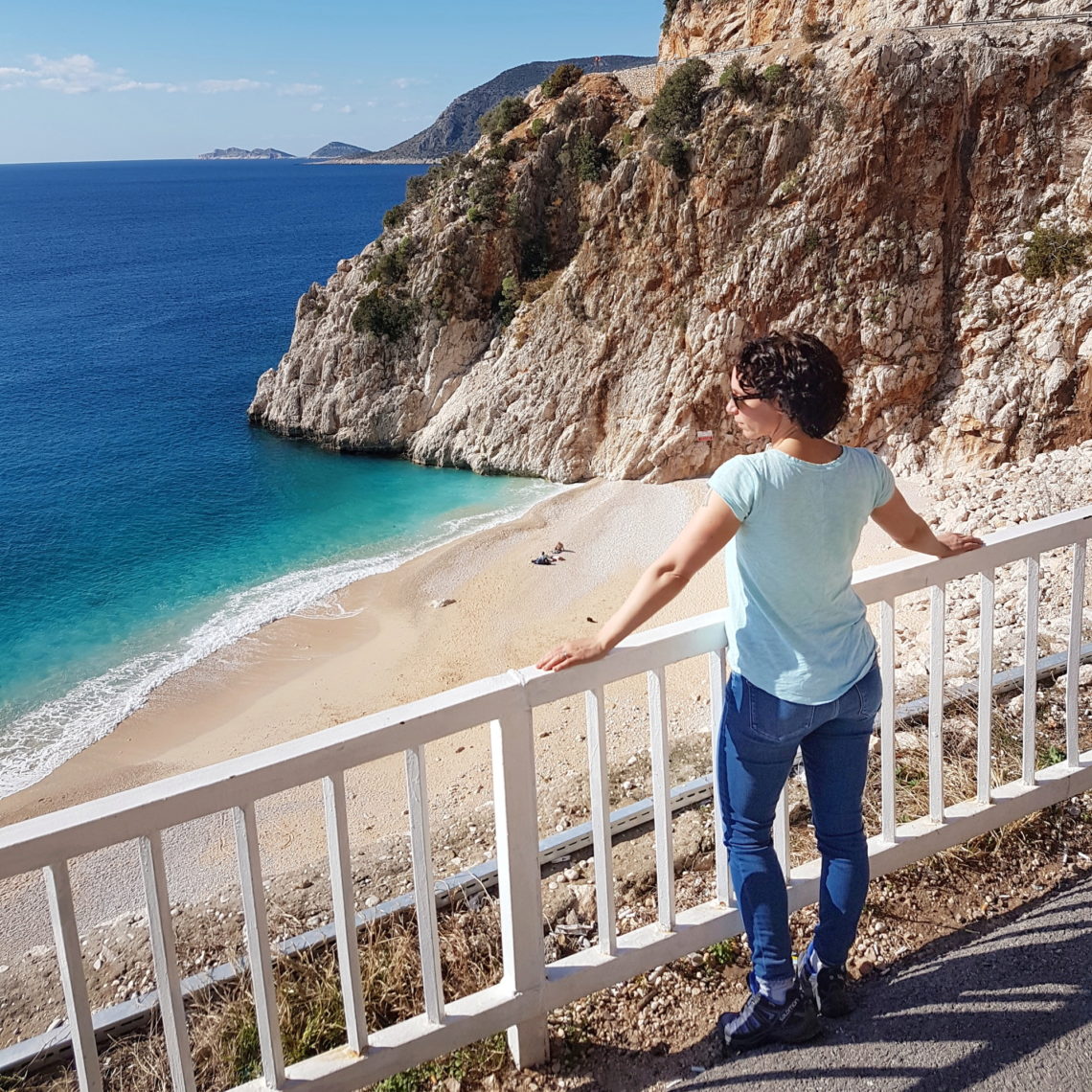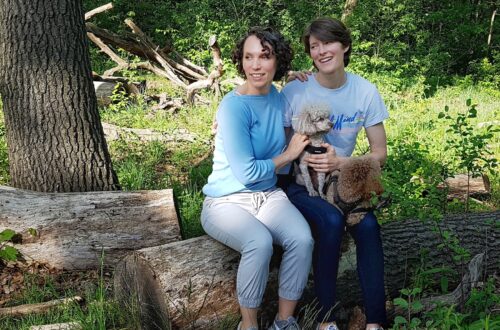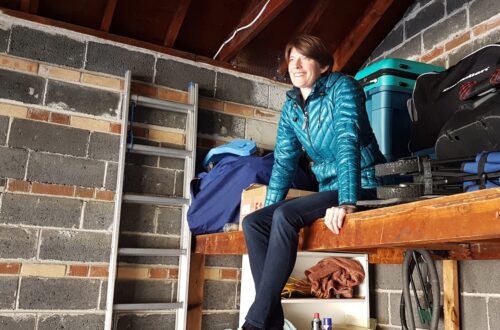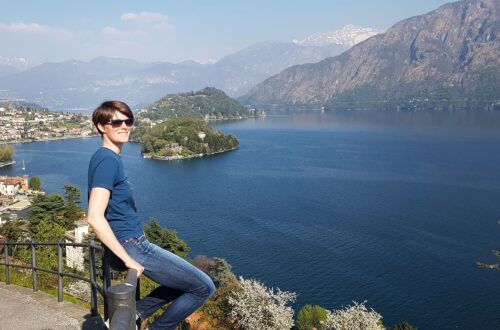
Lessons From Long-Term Travel
What We’ve Learned About Being Full-Time Nomads
It’s been six months since we sold almost all our possessions, packed our bags and headed off with our two dogs for a life of adventure and full-time travel. In that time we’ve had the excitement and joy of new discoveries as we traveled through four countries. We’ve also experienced uncertainty and anxiety when we found ourselves trapped in Italy during the coronavirus lockdown.
Fortunately we are safe and comfortable in Italy and have plenty of time to reflect on the past six months of travel, including the lessons we’ve learned along the way. If you’re considering full-time travel or if you’re already on the road, we hope that you’ll find some helpful takeaways for your own travels.
Six months ago, we headed off from our home in Singapore over to Krakow, Poland. We wanted to start our slow travel journey with Europe because we had already explored so much of Asia during the six years we spent there as expats. The reason we chose Poland as our first stop, beyond it being a beautiful place to visit, is that it was the cheapest one way fare for us to leave Singapore and get to Europe with an airline that also accepted dogs within the cabin. Clearly, a lot of research went into this one ticket purchase.
From there, we went to Lviv, Ukraine and then, for the winter months, we headed south to Turkey. After Turkey, we had planned to spend two months in Italy. Our Italian sojourn became more adventurous than intended when the coronavirus outbreak and subsequent travel ban closed the borders faster than we could react. Once borders open up again, we plan to resume our life of traveling and head to the Balkans.
Pace of travel
Our goal with all of this travel is to experience new countries and cultures in depth, which brings us to the first lesson we learned from the past six months: the pace of travel that works best for us.
We used to cram in as many destinations as possible within our two week vacations.
We would arrive in a country and spend just a couple nights in each location, hopping from one two to the next. Now that we’re traveling full time, we’ve found that just a few days in a place is far too fast for us. The times when we’ve had shorter stays were enough to reinforce that we really prefer settling in and getting to know a place more slowly. For us, the ideal timing is a month. More than a month we start getting itchy feet but anything less starts to feel too rushed.
Shoulder season travel
We’ve now had a lot of experience traveling in the shoulder season. We set out on our adventure in October so we were headed into Europe just in time for fall and winter.
There are a couple important benefits to traveling in shoulder season that we really appreciate. First, accommodations typically cost less than in peak season — sometimes a lot less — and there’s typically a better selection available. There are also fewer crowds at major sights; we can say from personal experience that there’s nothing like being the only people in an ancient Roman amphitheatre with seating for 60,000.
That said, there can be some downsides. First, if you’re in a sunshine destination like we were when we visited the Turquoise Coast in Turkey, the range of activities might be more limited and some restaurants might be closed for the season. Additionally, in terms of the weather, you may need to plan around cold or rainy days. It’s important to be honest with yourself about your appetite for chilly weather. Early in our travels, we encountered a cold snap in Lviv which reminded us that we weren’t eager to spend a lot of time in colder climates.
In the end, we do find that shoulder season offers a lot of benefits for value seekers and slow travelers who don’t mind waiting out a few rainy days. Our experience in Florence is a great example of this. We were there during February and got to enjoy the city in decent weather without any of the usual crowds. And we stayed in a beautiful apartment that was a fraction of the usual price.
Low-Cost Countries
We’ve talked about the value you can get by traveling in shoulder season. The other thing that makes a big difference for your travel budget is the choice of country. In our six month journey, we’ve spent time in both low-cost and high-cost countries. While we’ve enjoyed all the countries that we’ve visited, we’ve developed a preference for the low-cost countries because they offer so much value.
As a quick example, we spent a month each in Istanbul, Turkey and Florence, Italy. In both places we stayed in spacious centrally-located apartments and we spent roughly $2,500 USD but we got a lot more value for our money in Istanbul.
In Florence, we dined out just once a week — so we cooked at home the rest of the time — and did a couple self-guided museum tours. In Istanbul we dined out every day, sometimes twice a day, had more excursions and even private tours. The difference in value can be quickly seen in our cost of living videos, where we summarise our month of expenses in each location.
Based on these experiences, we highly recommend exploring the lower cost countries for a good portion of a long term travel itinerary. Additionally, we recommend looking at lower cost countries in Europe instead of just focusing on Asia. There’s a perception that travel in Southeast Asia is really cheap and Europe is always expensive. Having spent time in both, we found that some places in Eastern Europe in particular can be just as inexpensive as Southeast Asia.
Packing for long-term travel
We used to be the type of people who could throw a few pieces of clothing and a bathing suit in a backpack and be good to go for a weekend trip. Now that we are full-time travelers without a home, we are packing for three seasons plus we need to care for our two dogs on the road.
This means we aren’t packing light. We each carry a 20kg suitcase plus a backpack. We have shed some weight since we first started traveling but the reality is that what we are carrying now are the essentials we need to be comfortable. This is a very personal choice. For some people, the essentials might still fit in a carry on. For us, the essentials require a lot more luggage.
To give an example, we’ve learned that we can’t take it for granted that every place we stay will have a properly stocked kitchen. Since cooking is really important to us, we’ve made room in our luggage for a portable kitchen which includes:
- Chef knife
- Paring knife
- Vegetable peeler
- Coffee filter
- Reusable cloth bags
- Food containers
- Bamboo cutlery
- Cloth napkins
These kitchen items add up but we happily accommodate the additional weight in our luggage. When planning your travels, you should consider what is absolutely essential to you during long term travel and make room for it, even if it means graduating from carry-on only to an extra large suitcase.
Accommodations
We’ve said many times that we’re fans of staying in airbnbs. There are, of course, occasions when a guest house or hotel makes sense. But for any stay longer than a few nights, we recommend airbnbs. In fact, we created a whole video on how to pick the perfect AirBnB.
Our top tip for getting an airbnb that you are happy with is to read all the comments that other people have left and ask questions about anything that’s important to you, like whether there is reliable wifi or a fully stocked kitchen. This will help you understand aspects of the experience that don’t come through in photos.
We also recommend to always use the Airbnb platform to make your bookings. Avoid making cash deals directly with the host because that means you lose the protection offered by AirBnB if a booking goes wrong. Even though the service fees may seem steep, they are worth it if you need to get support from AirBnB for a refund or a new booking, which happened to us early in our journey.
Flexibility
Finally, the one thing that we’ve learned from our past six months of travel that will have the biggest impact on our future plans: Staying flexible. We used to be people who planned every detail of travel six months to a year in advance, down to which bus we would take and where we would get lunch. For our six month journey to date, we booked a lot of it in advance and then we felt stuck when we needed to make last-minute changes.
As full-time travelers, we’ve learned that we need to be more flexible so that our plans don’t keep us from responding to changing circumstances, for example when our family needs our support back home or there’s a global crisis like there is now. We need to stop overplanning and be more comfortable with our journey evolving naturally.
For more slow travel content, click here to subscribe to our YouTube channel.





5 Comments
Pingback:
Pingback:
Pingback:
Pingback:
Pingback: